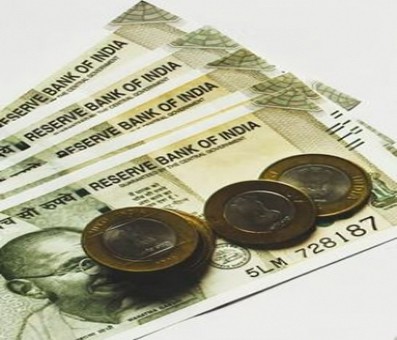
New Delhi, More than two-thirds of blue-collared employees in India earn less than Rs 15,000 per month, according to a report on Thursday.
The report by payroll management app Salarybox stated that females in the workplace made Rs 12,398 on average, which was 19 per cent less than their male colleagues, which brings forth the country's wide gender pay disparity.
The data also highlights that less than 15 per cent of the employee base earns in the range of Rs 20,000-40,000 per month (on an average Rs 25,000), calling attention to the fact that a vast majority of Indians have difficulties securing even a livable wage.
Interestingly, the majority of firms pay wages below the minimum wage set by the Central Pay Commission (CPC), that is Rs 18,000 per month.
The report is based on a database of over a million employed workforce from more than 850 districts around the country.
"For a long time, the topic of jobs, or rather, the lack thereof, has dominated India's economic discourse. While the headline employment/unemployment numbers get a lot of attention, another set of numbers that is equally significant, who gets paid how much, doesn't get nearly as much attention. It is high time that the companies bring in interventions that highlight this huge gap," said Nikhil Goel, CEO & Co-Founder of SalaryBox, in a statement.
The report also found that only 27 per cent of the workforce is made up of women, whereas 73 per cent of the workforce is made up of men. Employees working at supermarkets, grocery/kirana/general stores as well as the garments/textile industries are paid at the lower end of the scale, with an average monthly salary of Rs 8,300.
Logistics and transport, IT software, and tailoring /boutiques emerge as the businesses that pay the most to females, with primary roles being of telecallers, documentation executives, and recruitment associates.
"Economic development is still not translating into enough jobs for the yearly influx of educated young people entering the workforce. A much bigger proportion of Indians work in the informal sector, and they have been hit hard in recent months by increasing inflation, particularly in food prices," Goel said.


.jpeg)

